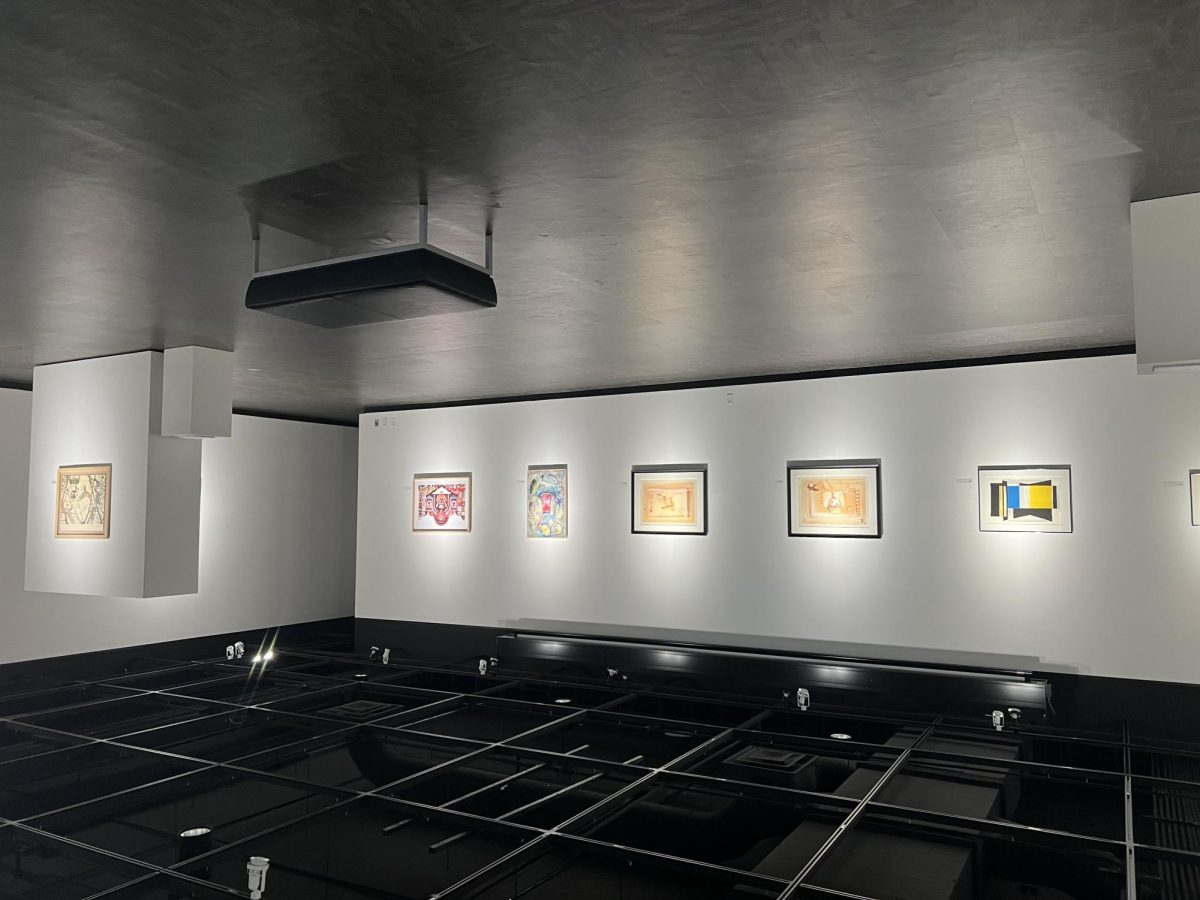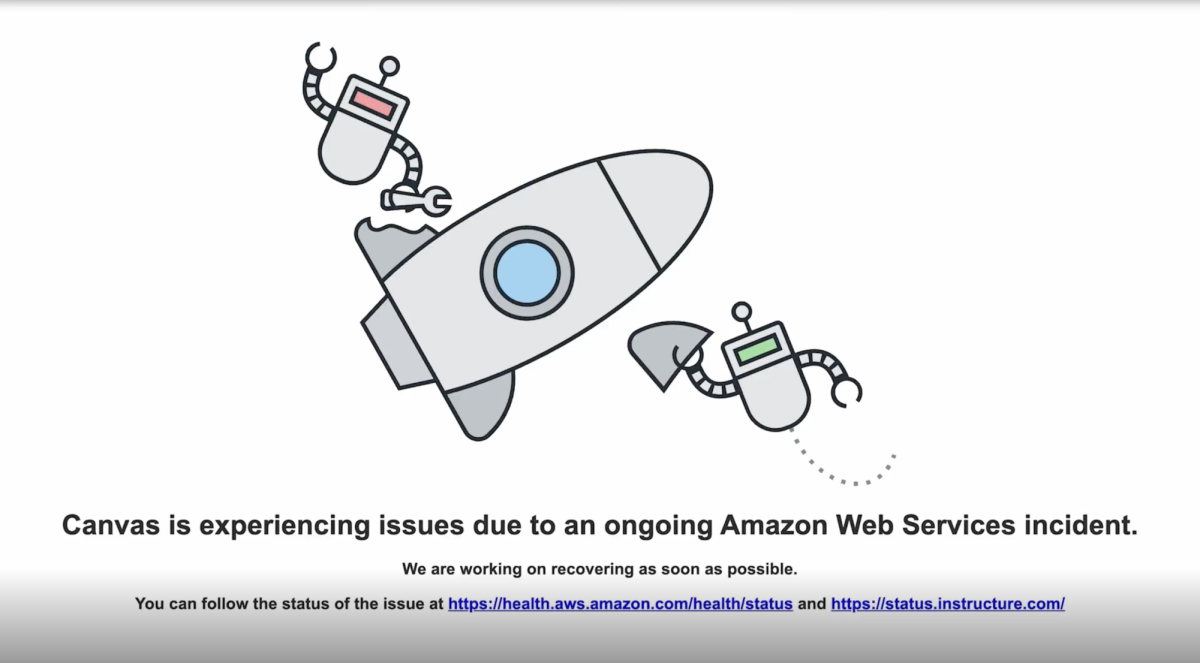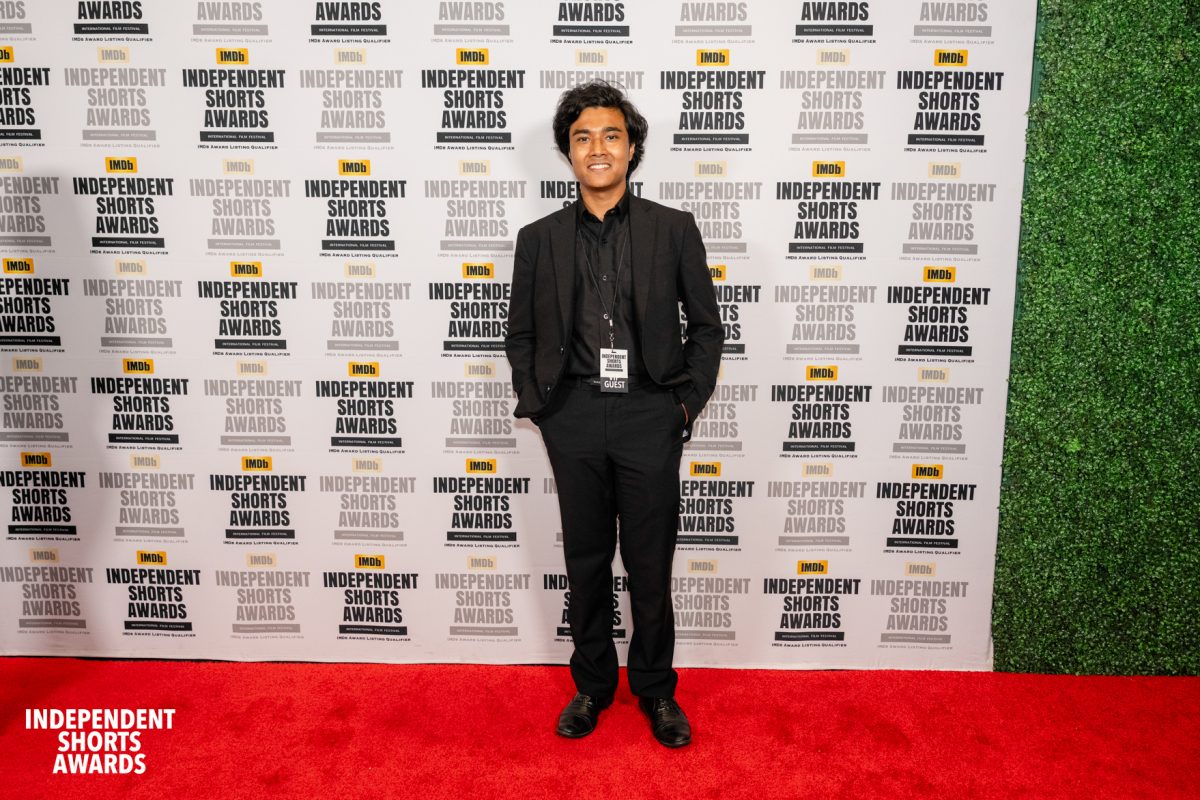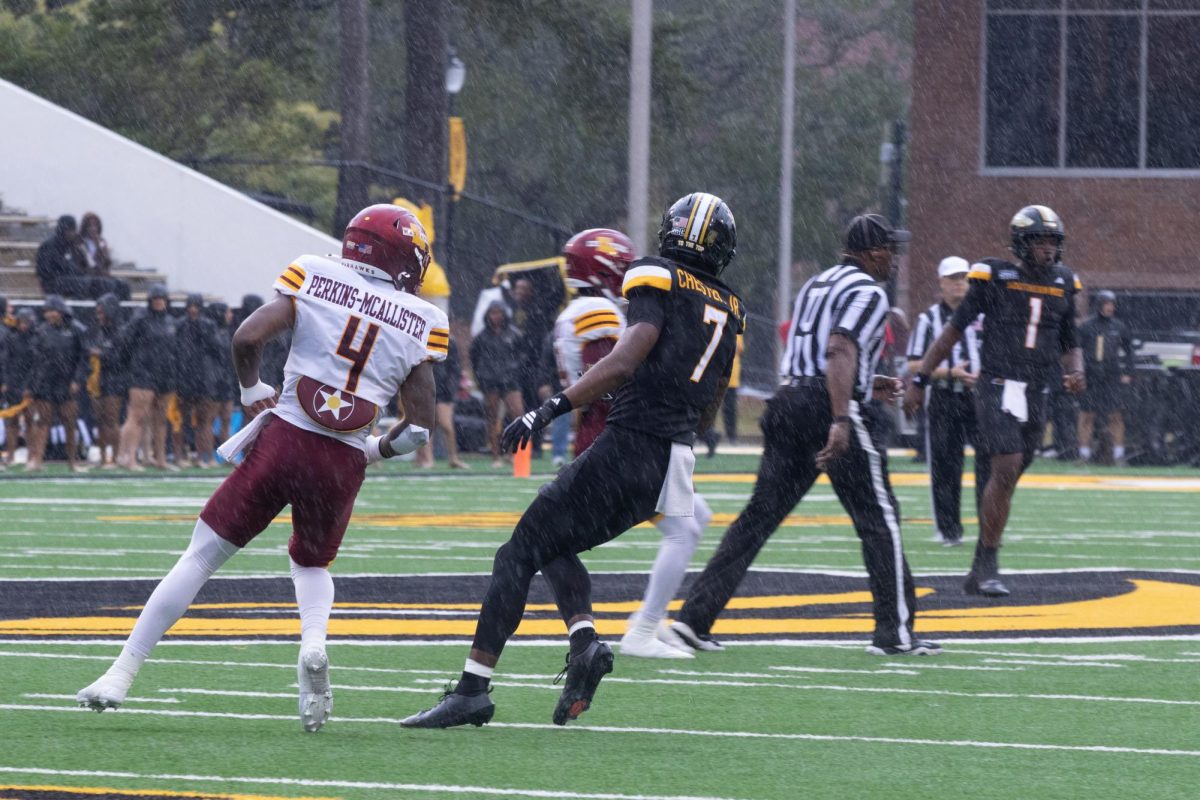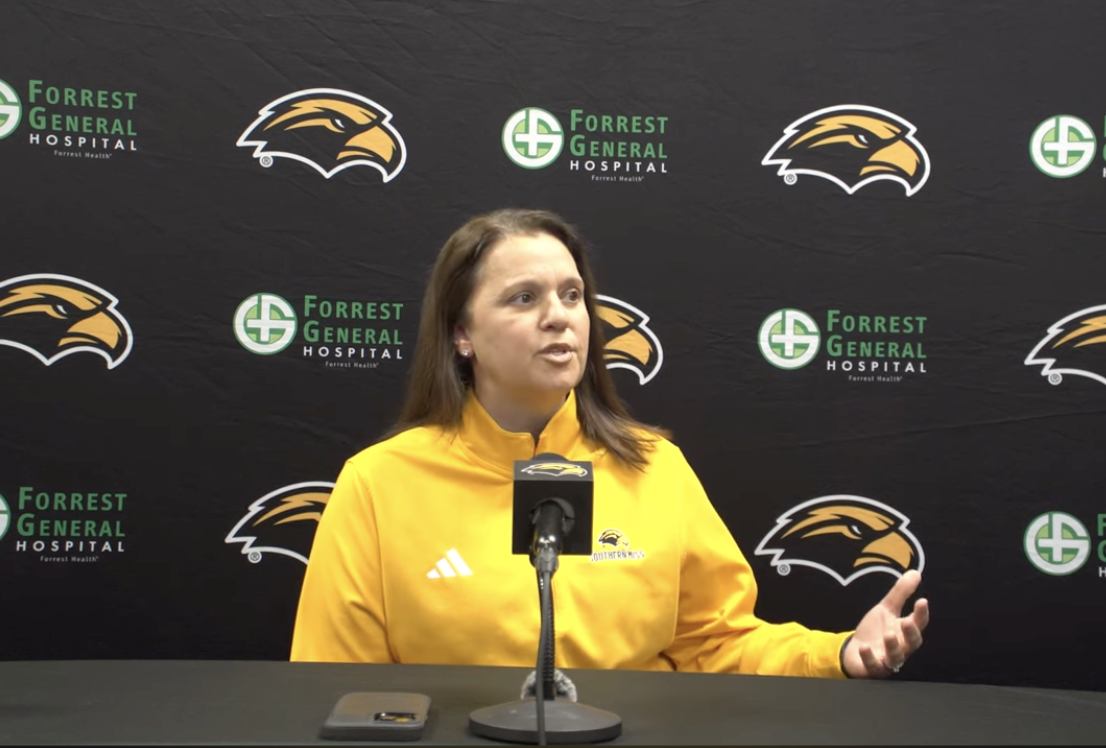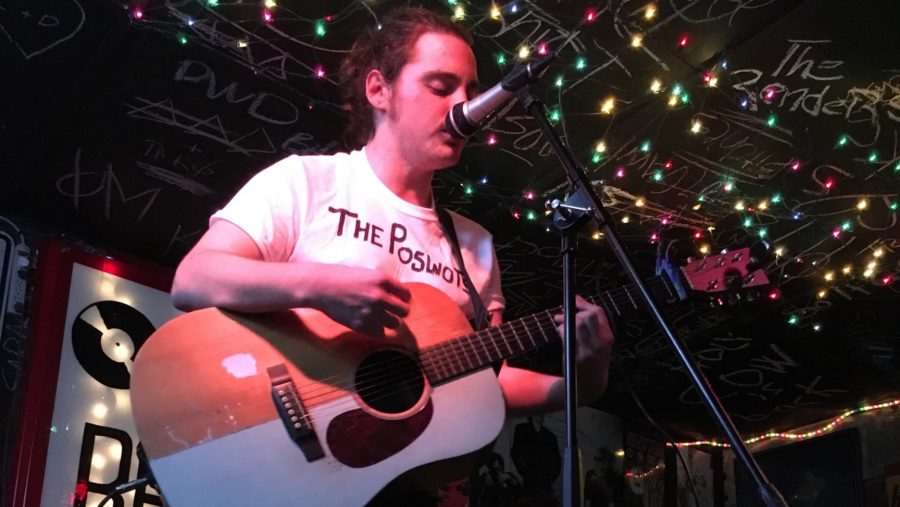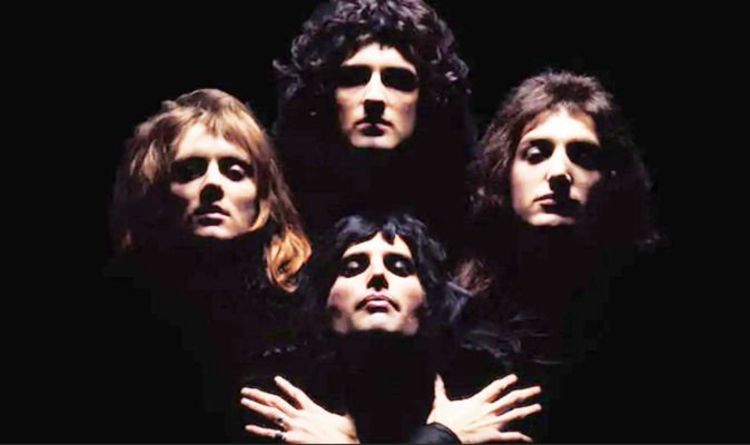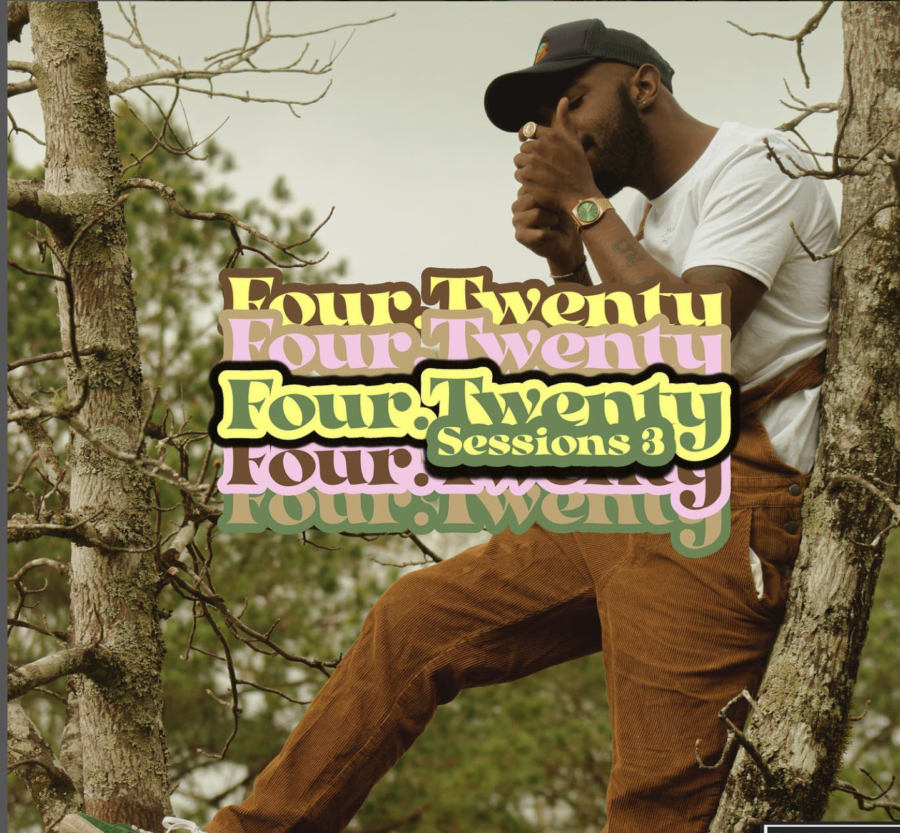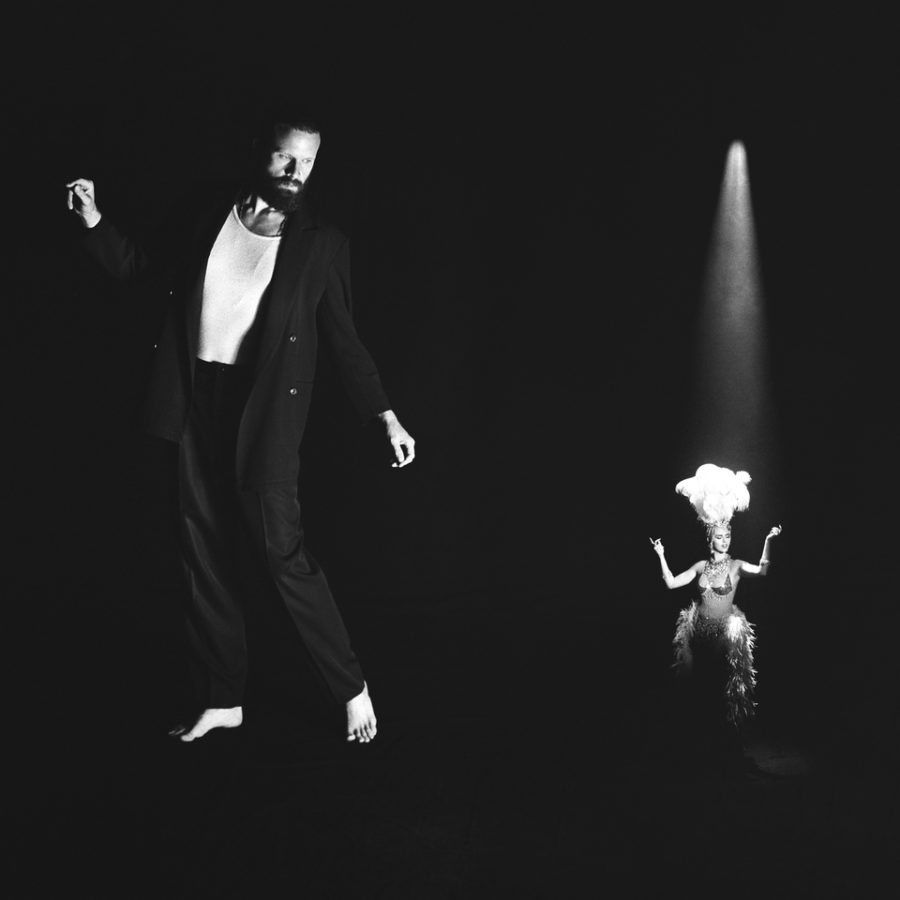On Feb. 4, Jonathan Hope of Hattiesburg lo-fi duo Jizz Kitten released a solo album titled “Sweetheart” under the moniker If I Die In Mississippi. The tape received acclaim from every which direction upon release, and its pull doesn’t seem to have a stopping point after getting much attention from DIY and, by extension, lo-fi communities and outlets.
The project’s name, If I Die In Mississippi, reaches the would-be listener deeply and immediately. The title seems to have been distilled from the music itself as it reflects the low guitar picking and warm tape noise that are present from the album’s onset. The name is a foreword of sorts, the beginning of a sentence the album finishes with “Detox,” an instrumental ellipsis that works its way into the listener’s darker head spaces.
In short, listening to this album is like living a dream underwater. To press play is to fall straight from one’s bed into the slow whirlpool of Hope’s lyrics and soon lose hope for resurfacing.
It takes multiple listens to catch the album’s every nuance, but one of the first things the listener will notice is Hope’s frankness and honesty. The words don’t dance circles around the subject matter and remain vague such that the songs can be interpreted in any way one chooses. Hope sends us reeling headfirst into his imagination without trying to shield us from the music’s core: song?
“Please don’t get weirded out by my overuse of exclamation marks in each text I send frantically / I swear I’m just genuinely excited to know you’re out there somewhere. / Maybe I’m a tad over enthusiastic about saying good morning / But I get the feeling that you don’t really hear it that often.”
Hope’s singing rests neatly inside the music, as his vocals are stylized in such a way that they almost warm your ears. The guitars peel their way through subtle tape noise and rain sounds to come out equally warm. That warmth quickly becomes the album’s trademark sound from the first few notes, like coffee on a cold morning, which is apt. The second song’s first lyrics are, “I want to drink coffee with you in the morning / Take you out for lunch when things get boring.”
Each element in Hope’s work serves specific purpose; nothing is accidental or filler. He meticulously constructs each song with genuine regard to how each sound fits — the lyrics, guitar, tonality and most notably, his voice. Hope’s lyrics reach the listener in the most vulnerable places, such as “The Castle Takes Time.”
“I’ve been talking to you by myself / in the driveway sometimes when I’m alone / and I’ve been wasting my life in my bed / hoping you would pick up the phone and it’s too bad.”
When watching Hope perform, the listener establishes an immediate connection the moment Hope opens his mouth.
The intimacy in Hope’s performance creates a bell jar around the listener and himself, as if you and he are the only ones in the room. Hope shuts everything out around him and looks to be swallowed by his own music. By disengaging, he in turn engages the audience, inviting them to watch as he constructs a beautiful microcosm of sound.
No sound is too small to be forgotten as Hope employs the use of several instruments. He’s not just a musician playing music on stage. He creates an atmosphere that completely envelopes anyone who is watching and listening. Hope darts back and forth on stage to employ keyboard and guitar loops ultimately crafting the songs as opposed to merely playing them.
“Sweetheart” as a name perfectly defines the album’s tone as Hope’s music swells with nostalgia and sentimentality. This is not a typical low fidelity album. “Sweetheart” is a thing made, much in the spirit of William Carlos Williams’ artistic philosophy.
To listen to “Sweetheart” by If I Die In Mississippi, visit the If I Die In Mississippi Bandcamp page.

